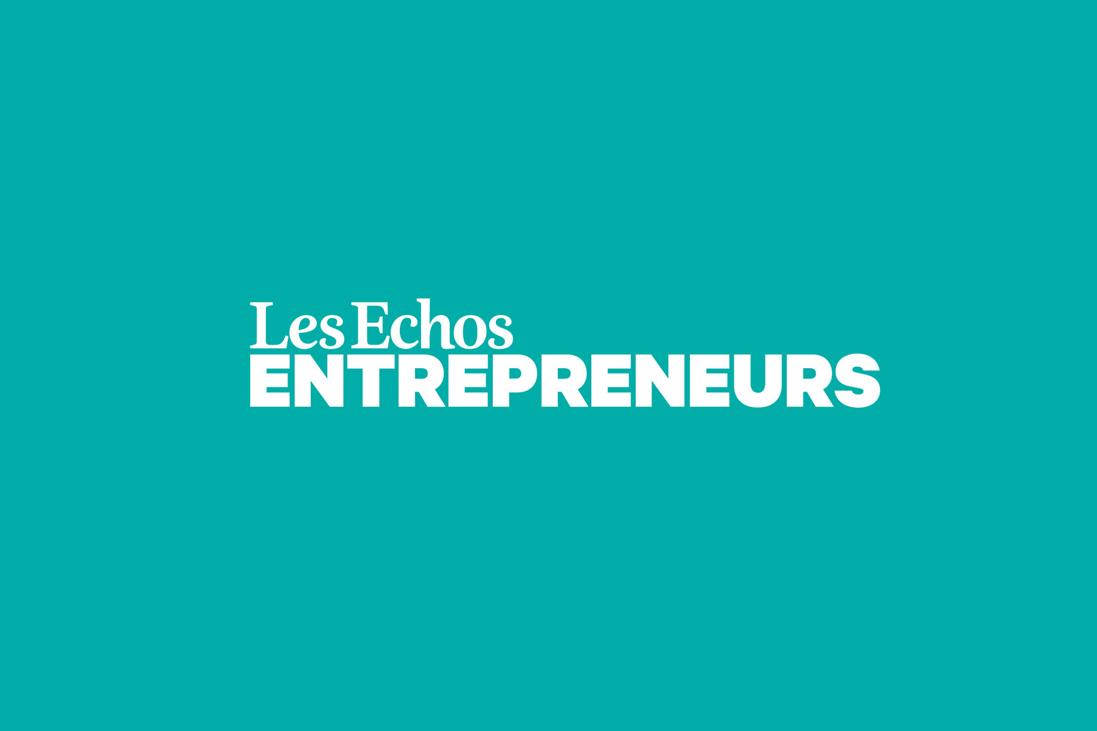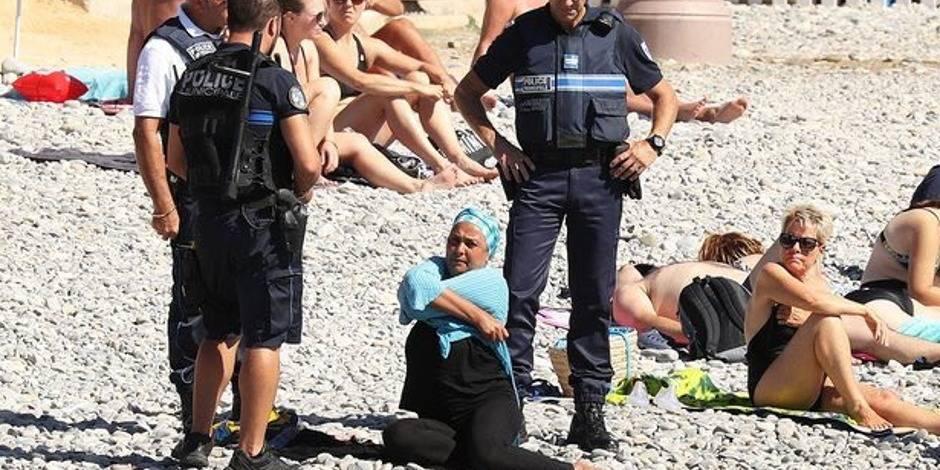The impact and corporate social responsibility (CSR) are essential in the communication of brands, whether large banks, fast food chains, and even cars. For project leaders and business creators, CSR is now one of the major terms in the equation of the economic model. But it is not always easy to reconcile profitability and an ethical approach.
Entrepreneurs must juggle between the growing demands of investors who impose environmental and social standards, and the skepticism of consumers.
RXEAT hires its delivery people on permanent contracts
>> The catering group RX Invest, which employs 600 people, began a digital shift in 2018, gradually digitizing order taking, management of team schedules and inventory management. In 2021, it launched RXEat, a meal delivery application, under conditions that are exceptional on the market: the company owns the fleet of delivery vehicles, offers CDIs to its deliverers and reduces the commission levied on the restaurateurs at 15% instead of the 20 to 30% charged by its competitors. "It drops to 5% if they buy their products from our cooperative", specifies the boss of the group, Laurent Villa. Funded in part by private investors, the project is being tested in Cannes before being deployed in Paris where 200 hires of delivery people are planned. Laurent Villa expects a turnover of 52 million euros in 2022, with the objective of doubling it by 2024.
Nevertheless… Two-thirds of French consumers say they have changed their consumption habits to go for responsible brands. However, only a third of them trust these brands to communicate transparently, reveals a study conducted by LSA magazine for Imediacenter in December 2020.
CSR labels for more beautiful companies

Start-ups can therefore play the card of authenticity to convince their clients, explains Fanny Salignac, professor of strategy and co-director of the center of excellence for sustainable development at Kedge Business School. “On this point, small companies have an advantage over large ones. They are in total control of their business philosophy. »
ATELIER UNES tests the clothing locker
>> The fashion brand Atelier Unes launched in 2018 on the crowdfunding platform Ulule. Incubated at Ticket for change, it succeeded in uniting a community of 50,000 people in three years, consumers invited to give their opinion on the products in a co-creation approach. With success: the turnover exceeded 300,000 euros last year. To accelerate, the two founders, Violette Dedeban and Matthieu Jungfer, raised 400,000 euros in April 2021, including 250,000 euros on the crowdfunding platform Lita.co. “We wanted to offer our clients the opportunity to be co-creators but also shareholders,” emphasizes Matthieu Jungfer. The brand's objective is now to expand its team and develop the deposit on clothing, already being tested on the tights and the belt in vegetal leather made from grape marc.
A company with ethics, with or without a label, is unique in its operation. There are as many sustainable models as there are business models. “There is nothing negative about being a company that makes money,” insists Fanny Salignac. It is the 'how' that is important. What binds these companies together is the consideration of their externalities on society and the environment in their economic models, but also of their stakeholders (employees, investors, suppliers, customers, etc.) in their governance. .
Companies can also rely on ethical labels. One of the best known, founded on the initiative of the Patagonia company, is the international B Corp granted to large French companies such as Nature & Découvertes, Volvic, Camif, Norsys or Michel et Augustin, but also to smaller ones such as Lemon Tri, Faguo or Super Producteurs. We should also mention: the Committed CSR label from Afnor, and the Lucie label, both based on ISO 26000 certification.
BCorp ROSALY fights against over-indebtedness
>> 40% of French people are in the red at the end of each month, according to a Panorabanques study from November 2020. Arbia Smiti, already creator of the Carnet de mode marketplace, created the first on-demand salary deposit service at the end of 2019. . Rosaly, that's her name, offers employees “a positive alternative to the only two solutions that exist today: bank overdrafts and consumer loans”. Rosaly relies on a BtoBtoC model: the company pays a fixed subscription, the service remains free for the employee. The start-up advances the cash for the current month. Labeled BCorp and Afnor, Rosaly raised an initial fundraising of 1.5 million euros in equity from business angels. Its ambition: to combine social impact and competitiveness and become a European leader.









